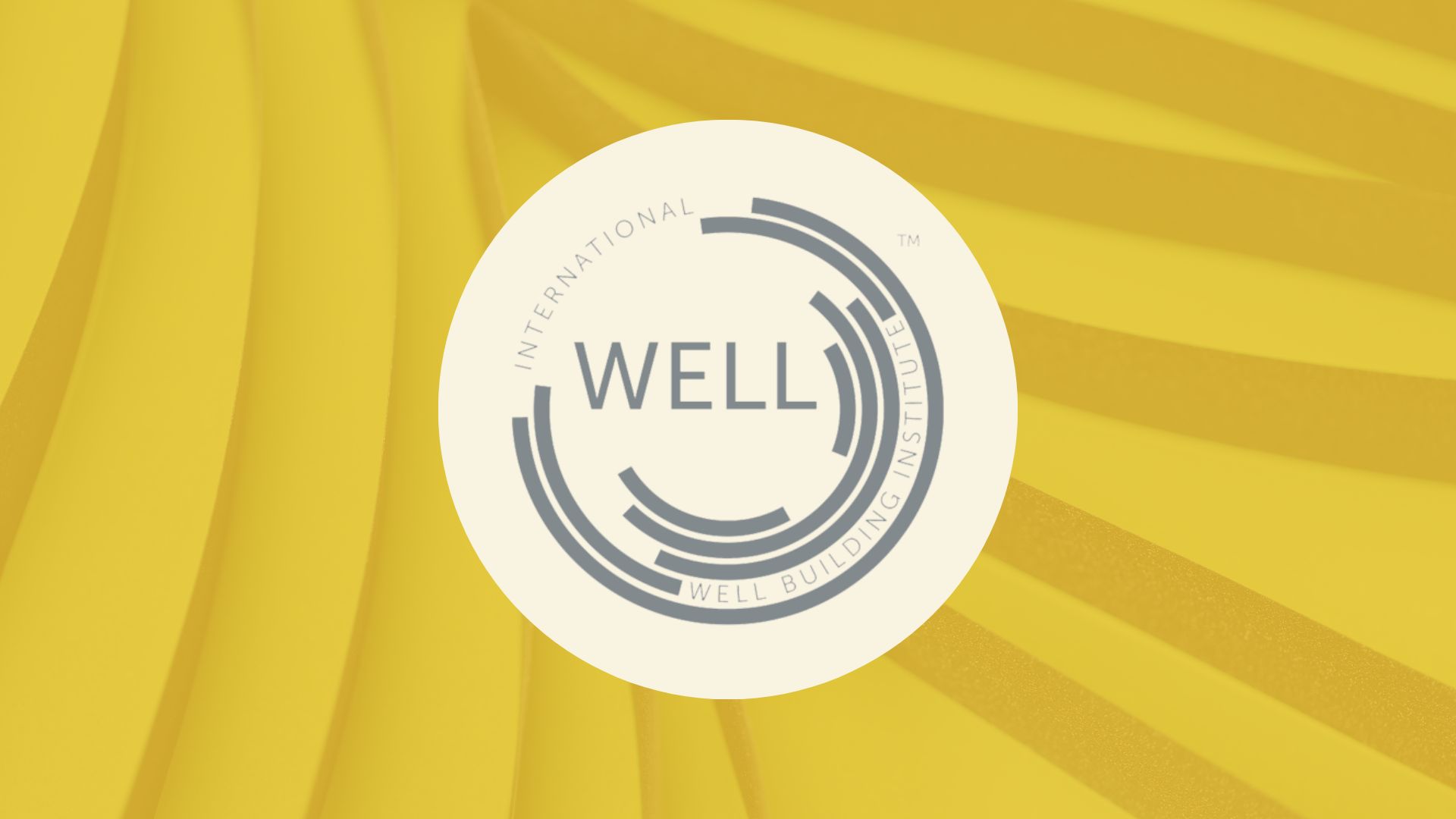WELL Certification, developed by the International WELL Building Institute (IWBI), is a globally recognized standard designed to promote health and well-being in buildings. By implementing evidence-based strategies, this certification ensures that buildings enhance the physical, mental, and emotional health of their occupants.
Key Concepts of WELL Certification
WELL Certification covers several critical areas, each focused on a different aspect of occupant well-being. Here’s a breakdown of the key concepts:
Air
WELL Certification prioritizes maintaining high indoor air quality by reducing pollutants and improving ventilation. Better air quality leads to better respiratory health and overall wellness.
Water
Ensuring access to clean, safe drinking water is a core component. Proper hydration is essential for maintaining overall health and well-being.
Nourishment
WELL standards promote access to nutritious food, encouraging healthy eating habits and supporting overall wellness. This includes ensuring that healthy options are readily available.
Light
Enhanced lighting is crucial for visual, mental, and circadian health. WELL Certification ensures that , reduces eye strain, and aligns with natural sleep-wake cycles.
Movement
Designing spaces that encourage physical activity helps combat sedentary lifestyles. WELL Certification integrates movement-friendly environments to promote physical health and encourage regular exercise.
Thermal Comfort
Maintaining comfortable indoor temperatures is vital for focus and comfort. WELL standards address thermal comfort to create a pleasant indoor environment, enhancing occupants’ overall experience.
Sound
Managing noise levels is essential for reducing stress and improving concentration. WELL Certification includes strategies for effective sound management, ensuring a quieter and more productive environment.
Materials
Using safe, sustainable materials minimizes exposure to harmful substances. WELL standards ensure that building materials support occupant health and reduce environmental impact.
Mind
Supporting mental well-being through thoughtful design and policies is a key aspect of WELL Certification. This includes spaces that foster relaxation, reduce stress, and promote mental health.
Community
WELL Certification promotes social interaction and a sense of belonging by fostering community within buildings. This includes creating spaces that encourage socialization and community engagement.
Benefits of WELL Certification
Enhanced Productivity
Buildings designed with WELL principles create environments that boost focus and efficiency. Good air quality, proper lighting, and comfortable temperatures contribute to higher productivity levels.
Increased Satisfaction
Access to clean water, nutritious food, and spaces promoting physical activity enhance occupants’ quality of life. This leads to higher satisfaction and well-being.
Improved Well-being
By addressing both physical and mental health, WELL Certification ensures that occupants thrive in their environments, contributing to overall well-being.
How to Achieve WELL Certification
Achieving WELL Certification involves a structured process that includes:
- Registration: Begin by registering your building or project with the IWBI.
- Assessment: Conduct a comprehensive assessment of your building’s design and operations against WELL standards.
- Implementation: Implement the necessary changes to meet WELL standards. This might involve upgrading ventilation systems, installing better lighting, or introducing wellness programs.
- Verification: Submit your project for verification, where it will be reviewed and audited by WELL assessors.
- Certification: Once your project meets all the requirements, it will receive WELL Certification, showcasing your commitment to health and well-being.
Conclusion
WELL Certification offers a comprehensive framework for designing and operating buildings that promote health, happiness, and productivity. By focusing on key aspects of the built environment, WELL Certification ensures that spaces support the well-being of all who use them. Adopting WELL standards is a significant step toward creating healthier and more sustainable living and working environments.



